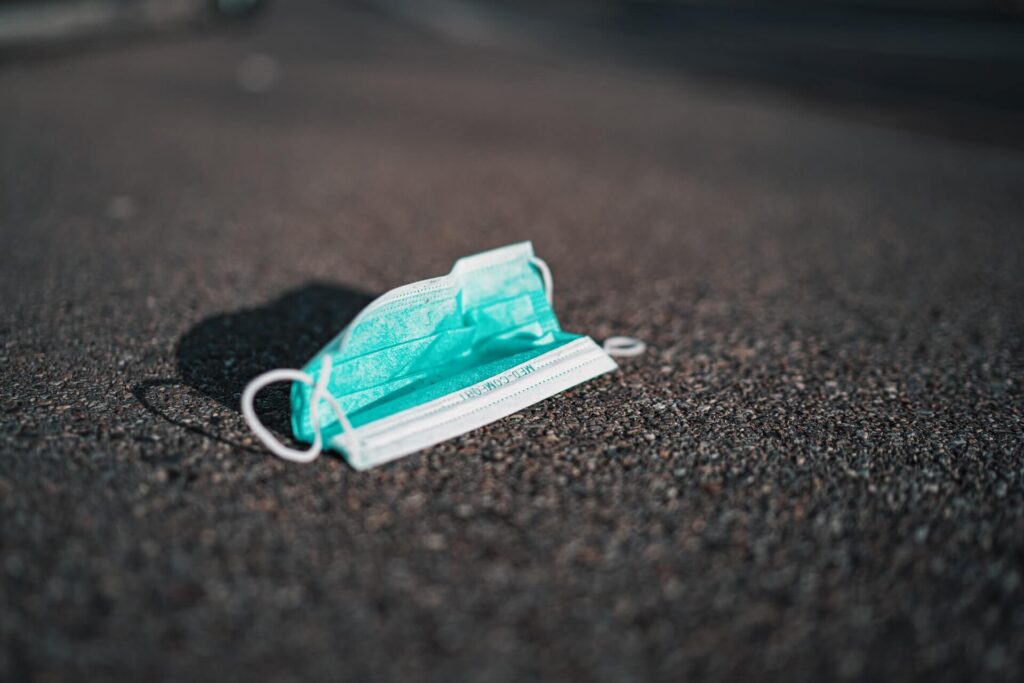How used face masks can be repurposed as biofuel

The academic journal “Biofuels” published on August 3rd a study which finds that used PPE kits can be recycled as biofuel to avoid ocean pollution. The question of how to recycle PPE kits has become paramount in recent environmental debates: disposed of incorrectly, personal protective equipment can be catastrophic for the environment.
PPE is a life-saving item for all health-workers who find themselves in direct daily contact with Coronavirus patients. However, surgical masks, gloves, face shields and gowns have now become the latest environmental headache: polypropylene – a single-use plastic – is the major component of most PPE. “During Covid-19, the PPE is being designed for single use followed by their disposal,” explains Sapna Jain, editor of the study. “Once these plastic materials are discharged into environment they end up in the land-fills or oceans as their natural degradation is difficult at ambient temperature. They need decades to get decomposed by the microbial organism,” she adds.
Recycling through chemical processing of prolypopylene
The team of Indian scientists who conducted the study has found that a simple chemical process is enough to convert the plastic material present in PPE kits into biofuel. The process which break down prolypopilene is called thermal pyrolysis. It consists in exposing plastic to extremely high temperatures: “The pyrolysis of the PPE kit can be done in a closed thermal reactor between 300-400 °C for 60 min, which will convert the polypropylene into liquid fuels,” argues the study.
The researchers are also keen to point out that PPE conversion into biofuels is not just an efficient environmental solution to deal with plastic waste generated by the pandemic: it can also offer a long-term energy source.













